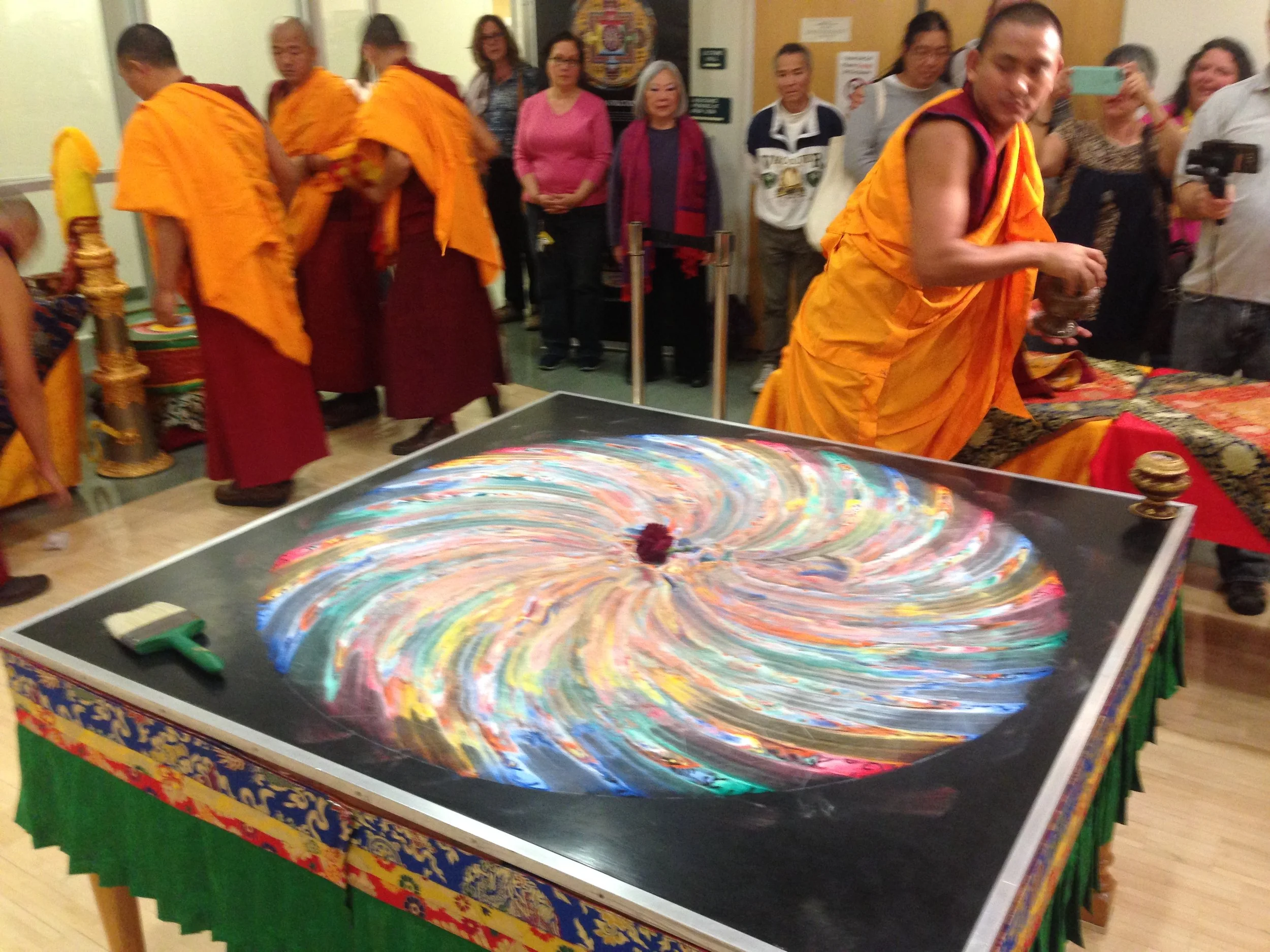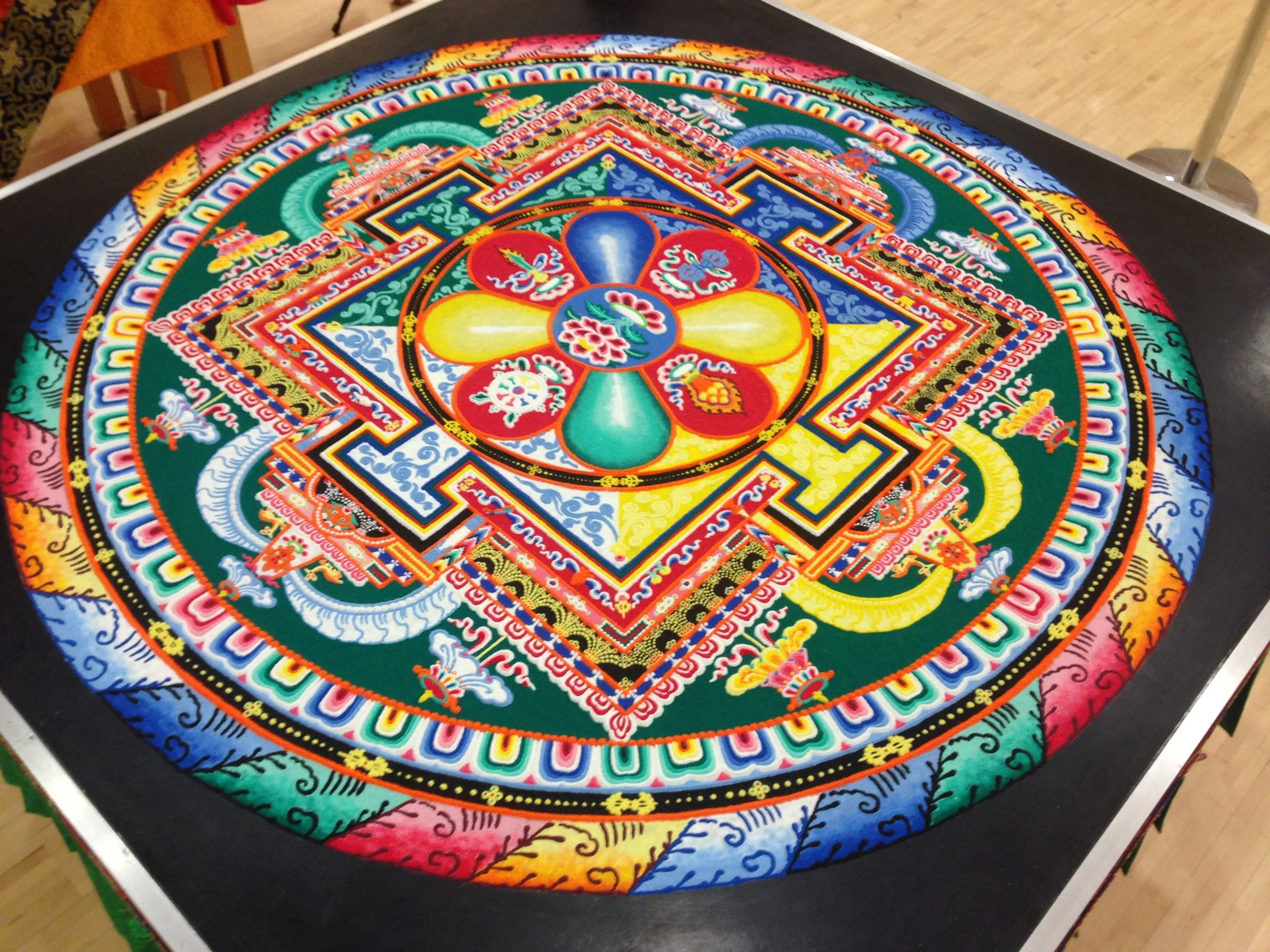"Friends, four things have been declared to us by the Blessed One who knows and sees, accomplished and fully enlightened...What are the four? We have confidence in the Teacher, we have confidence in the Dhamma, we have fulfilled the precepts, and our companions in the Dhamma are dear and agreeable to us whether they are laymen or those gone forth."
-Majjhima Nikaya




















